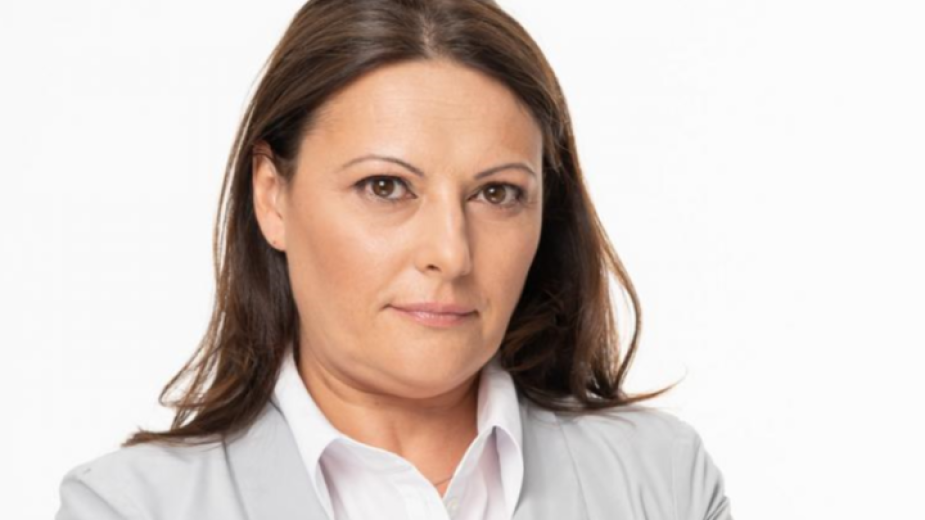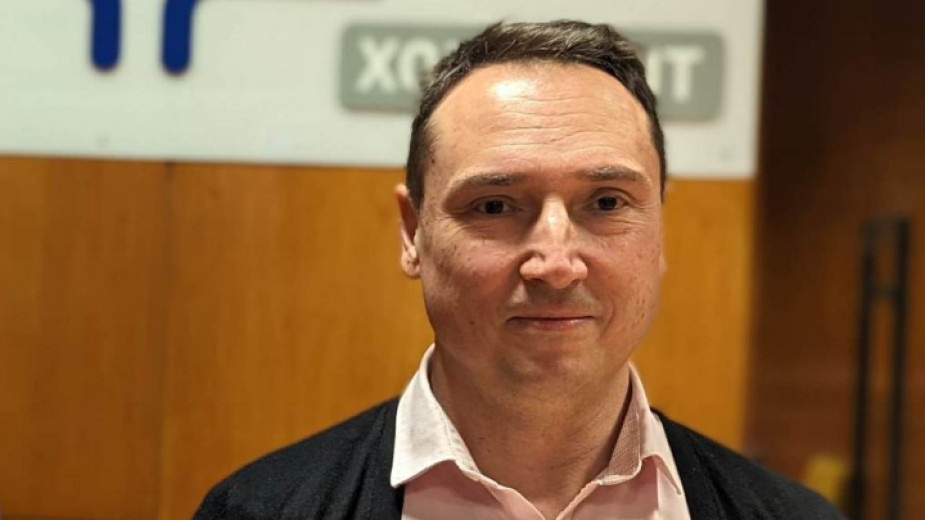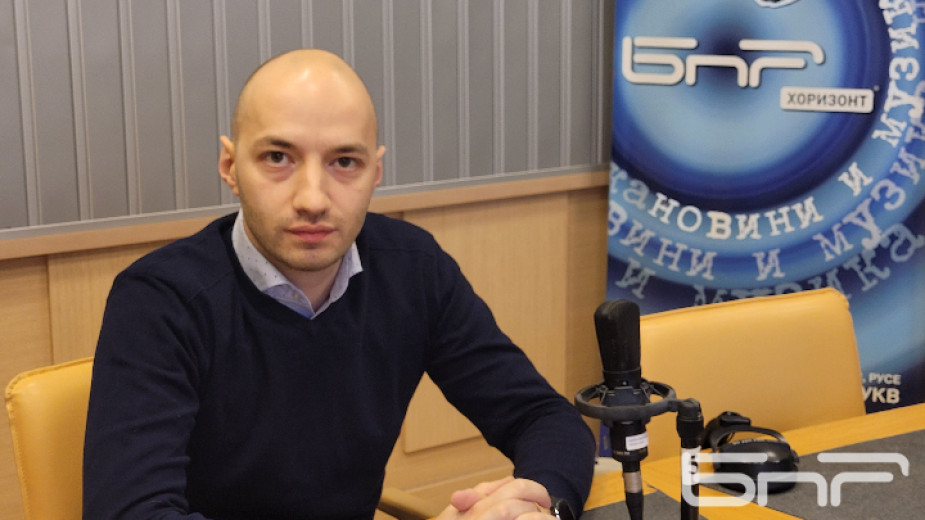



Stay updated on all news stories and interviews related to the April 2 parliamentary elections in Bulgaria HERE.
Edited by Vesela Krasteva (based on interviews of Diana Yankulova, Silvia Velikova and Petar Volgin from BNR's Horizon channel)
Photos: BNR, archive
The so-called Seal of Biliteracy was created in 2011 in the US state of California with the idea that in the conditions of a globalized economy and relationships, it is not possible for a person to develop their full potential by..
Fertility Europe , the pan-European organization that represents patient associations focused on infertility issues, has announced the start of the 9 th European Fertility Week 2025, 3-9 November. The campaign is taking place throughout Europe..
Today, in the Radio Bulgaria studio, we welcomed Helmut Matt – a writer, radio journalist and poet, who has maintained a special connection with Bulgaria for many years. In his book "Bulgarian Impressions" and in his numerous radio broadcasts, he..
On November 8 in Hall 11 of the National Palace of Culture, Bulgaria’s best masters and artisans will be awarded for the third time. The founder and..
Fertility Europe , the pan-European organization that represents patient associations focused on infertility issues, has announced the start of the 9..
Today, in the Radio Bulgaria studio, we welcomed Helmut Matt – a writer, radio journalist and poet, who has maintained a special connection with Bulgaria..

+359 2 9336 661
